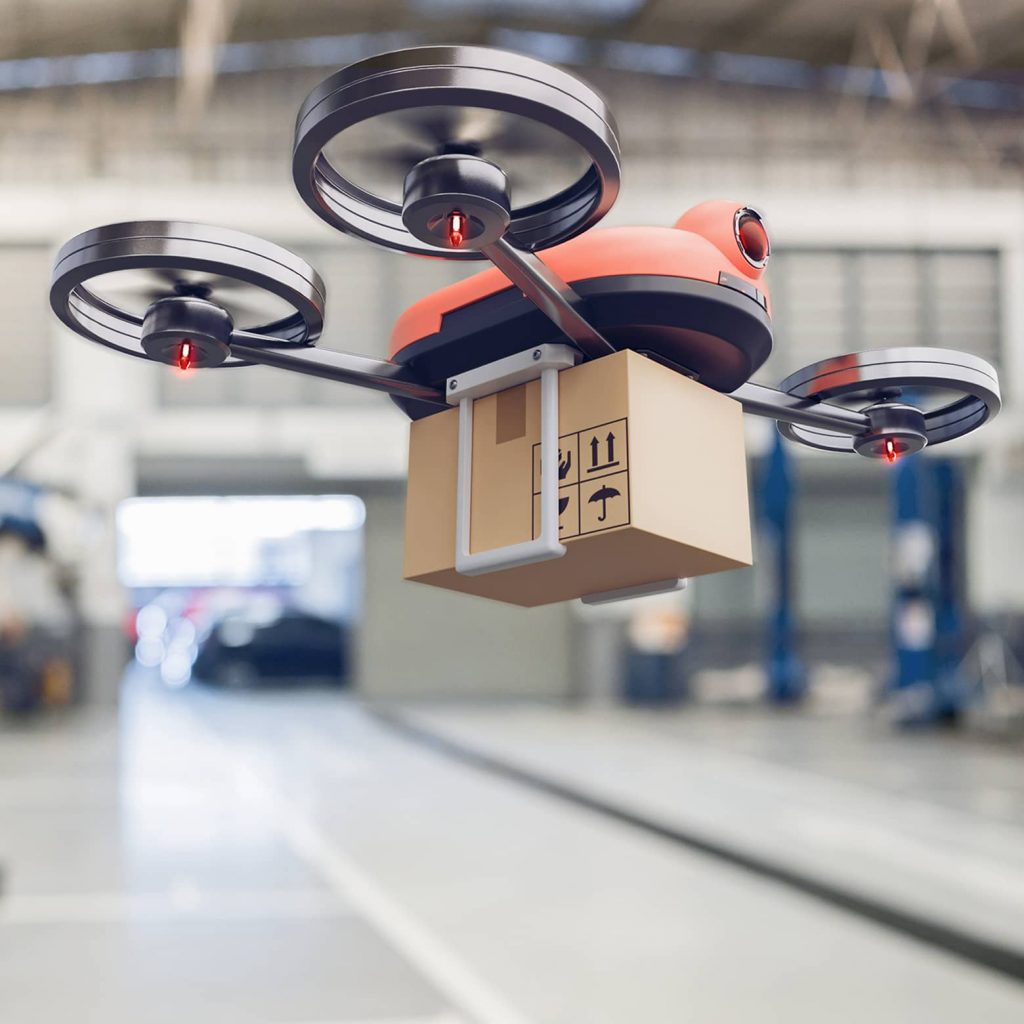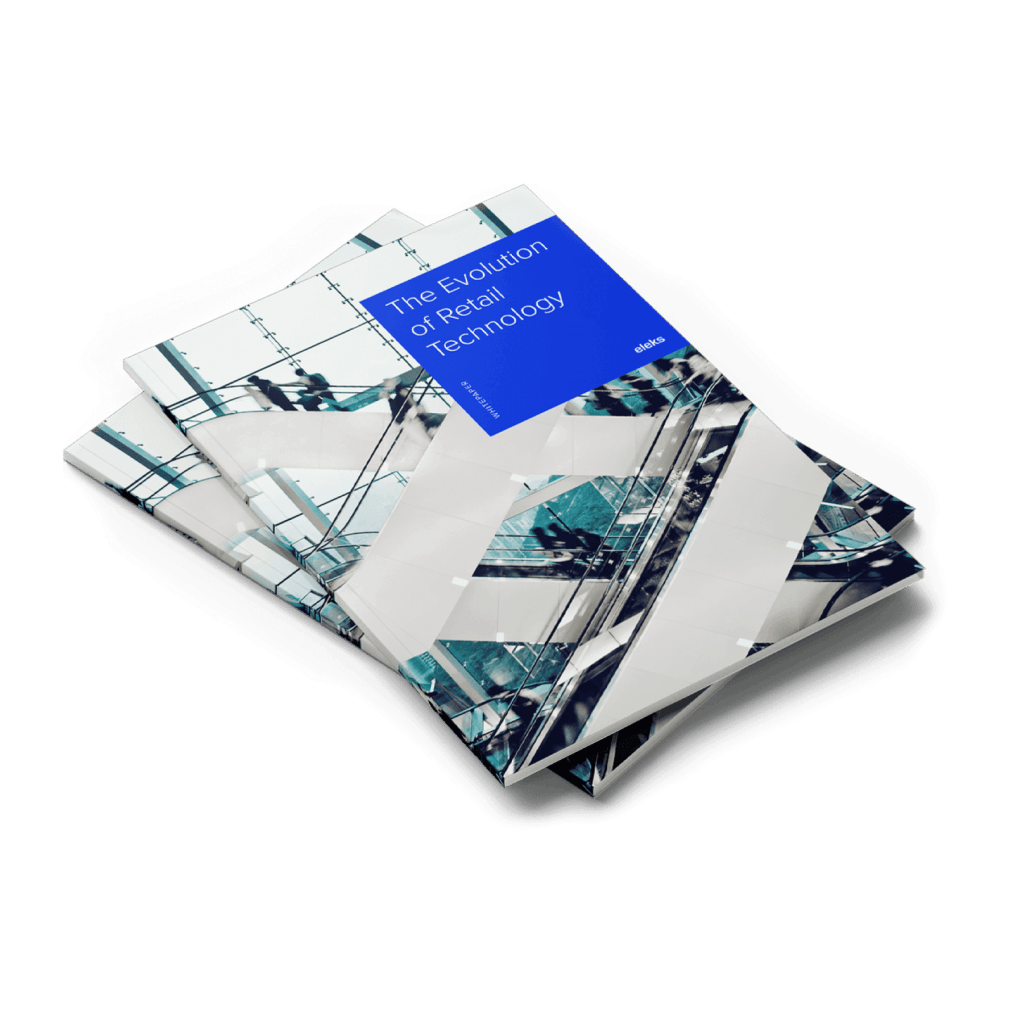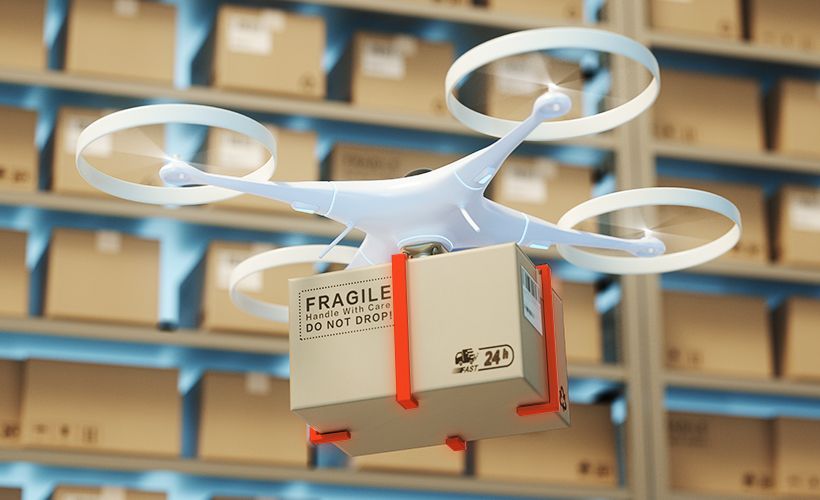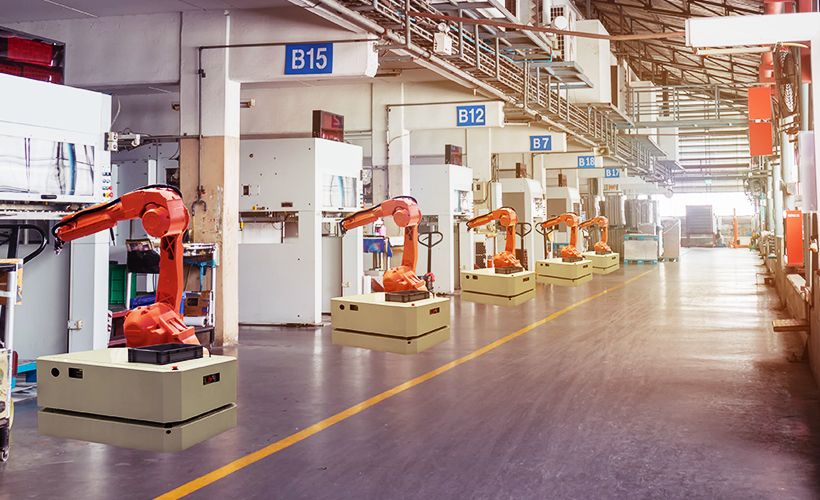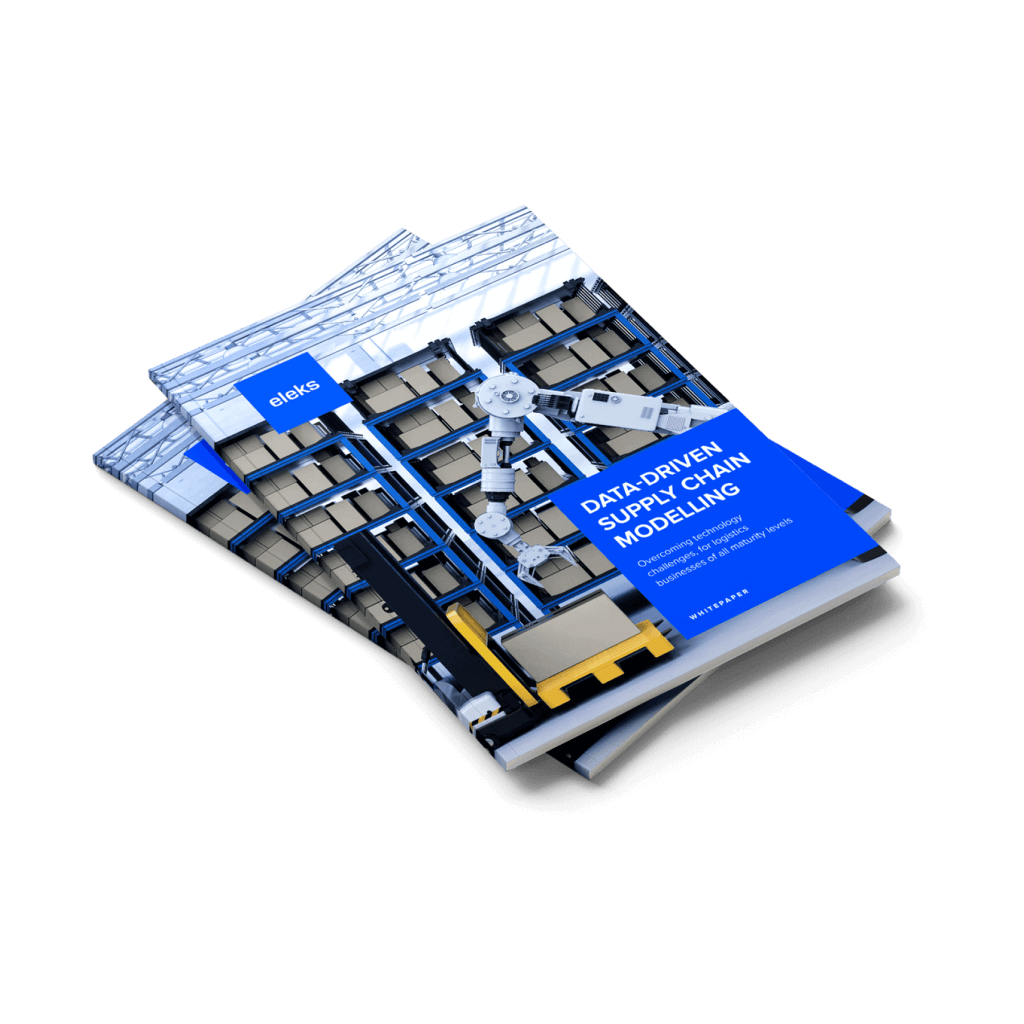RPA is growing incredibly quickly
According to Gartner, RPA is the fastest-growing segment of the worldwide enterprise software market, with revenue from RPA software growing by 63.1% in 2018. The reason is straightforward: RPA is quick to deploy, requiring little lead time to deliver cost savings and process efficiencies.
RPA is not a cure-it-all and works best where companies have high volumes of very manual transactions that are relatively simple, clearly structured and limited in complexity. It so happens that many logistics and supply chain transactions fit that mold perfectly.
Benefits and RPA use cases in logistics and supply chains
Automation has broad benefits for enterprises, especially those companies that contribute to the movement and distribution of goods. Applying a layer of RPA on top of existing processes carries the following advantages:
- Robots are consistent workers, performing their duties around the clock and doing so with unwavering accuracy
- Human workers can apply the time saved to higher-order duties that deliver more value for their labour hours
- RPA-driven processes are more thoroughly recorded, making it easier to find errors and ensuring auditing is problem-free.
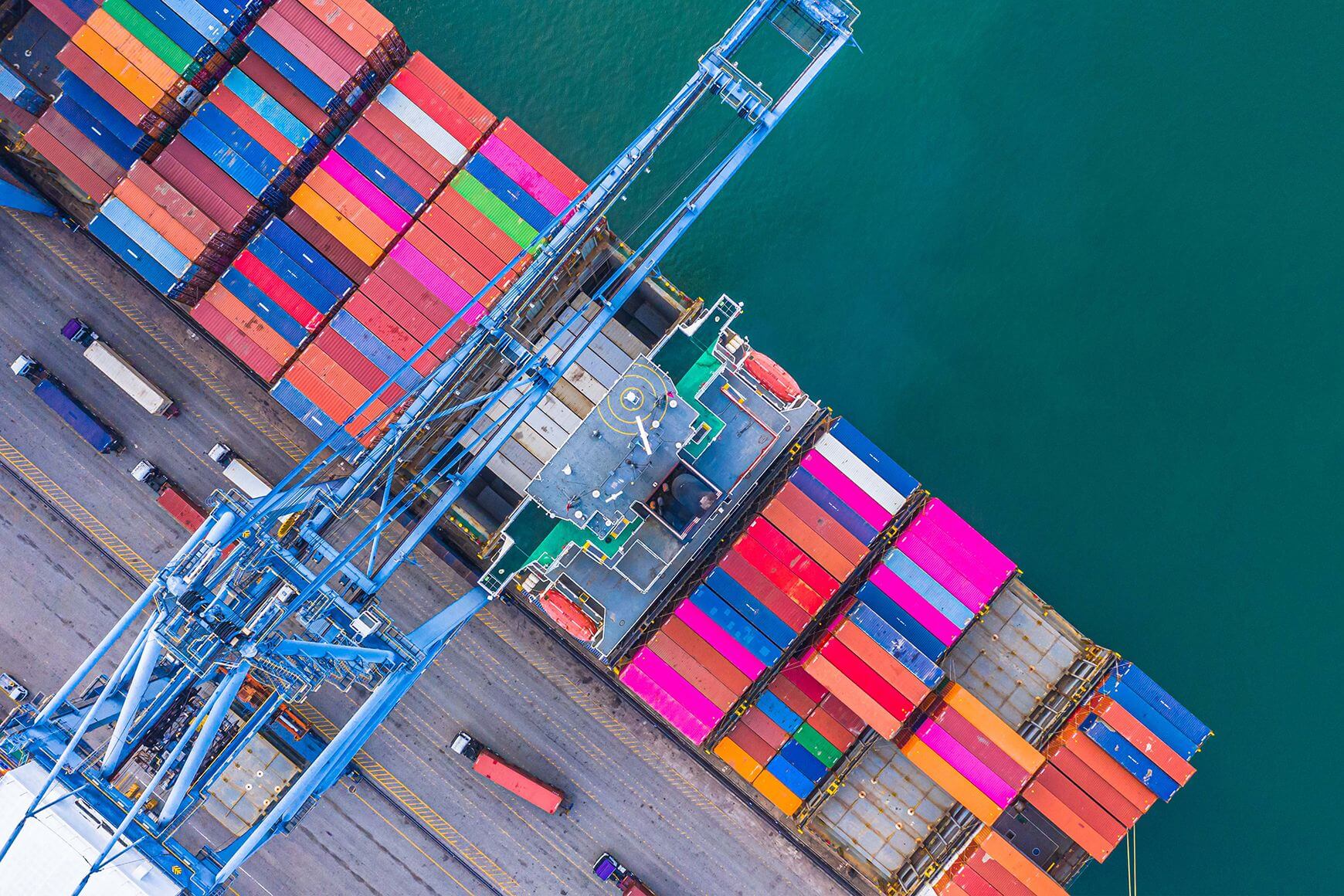
Companies can enjoy these benefits with relatively minimal up-front costs compared to other digital transformation efforts. This is because RPA is applied on top of existing processes and software, without a need for the wholesale re-engineering of existing operating models. Managing the paperwork and other manual processes that facilitate the movement of goods can be very time consuming, so it’s no wonder that RPA has a plethora of use cases in the field of transport, logistics and supply chains:
- Scheduling and tracking. RPA can automate a range of tasks from the initial pick-up request through to ongoing shipment tracking and a notice of final delivery. Robots can also automatically extract shipment information from incoming emails and improve on the accuracy of delivery estimates.
- Processing inventory, orders and loads. Keeping track of stock and incoming orders is a time-consuming manual task for humans, but robots can automatically pick up on PRO numbers and track shipments and associated invoices. RPA can work across systems too, easily integrating with third-party suppliers and carriers.
- Invoicing and accounting. Inbound invoices often require manual re-keying and processing, while ensuring bills are paid can involve regular follow-ups. RPA integrates with bill payment systems, including the customer’s, and can automate order-to-revenue processes.
If there’s a predictable, repetitive manual process in the supply chain, there’s a good chance RPA can bring measurable benefits.

Real-world examples of RPA adoption
Companies in all industries are stepping up their efforts to embrace automation, and RPA is clearly finding a role in the automotive industry and logistics:
- Toyota Motor North America uses RPA to simplify day to day operations including sourcing and compiling key information used by facilities and transport planners. Doing so speeds up many functions and reduces the reliance on human intervention.
- Logistics service provider Ryder uses RPA to optimise transport planning via their legacy transport planning system. The company also uses RPA to link up to third parties, with RPA looking up carrier websites to help schedule appointments.
- Hampshire County Council thinks it can save up to 200 workdays every year thanks to deploying RPA in its Highways Operations Centre. Highways are key for transport in the county, but for a variety of reasons, incidents occur. RPA speeds up the claims process where vehicle owners claim for damage caused by a highway defect.
Outlining just three use cases is of course merely scratching the surface of the potential RPA has across the transport and logistics sphere.
RPA is central to the ongoing logistics automation
Here at ELEKS we’re seeing how technology, including automation, is transforming the movement of goods. From the advantages of intralogistics through to advanced logistics software solutions that boost efficiency, enhances safety and drives performance.
Get in touch with us to see how RPA can drive performance and efficiency for your organisation.

Related Insights




